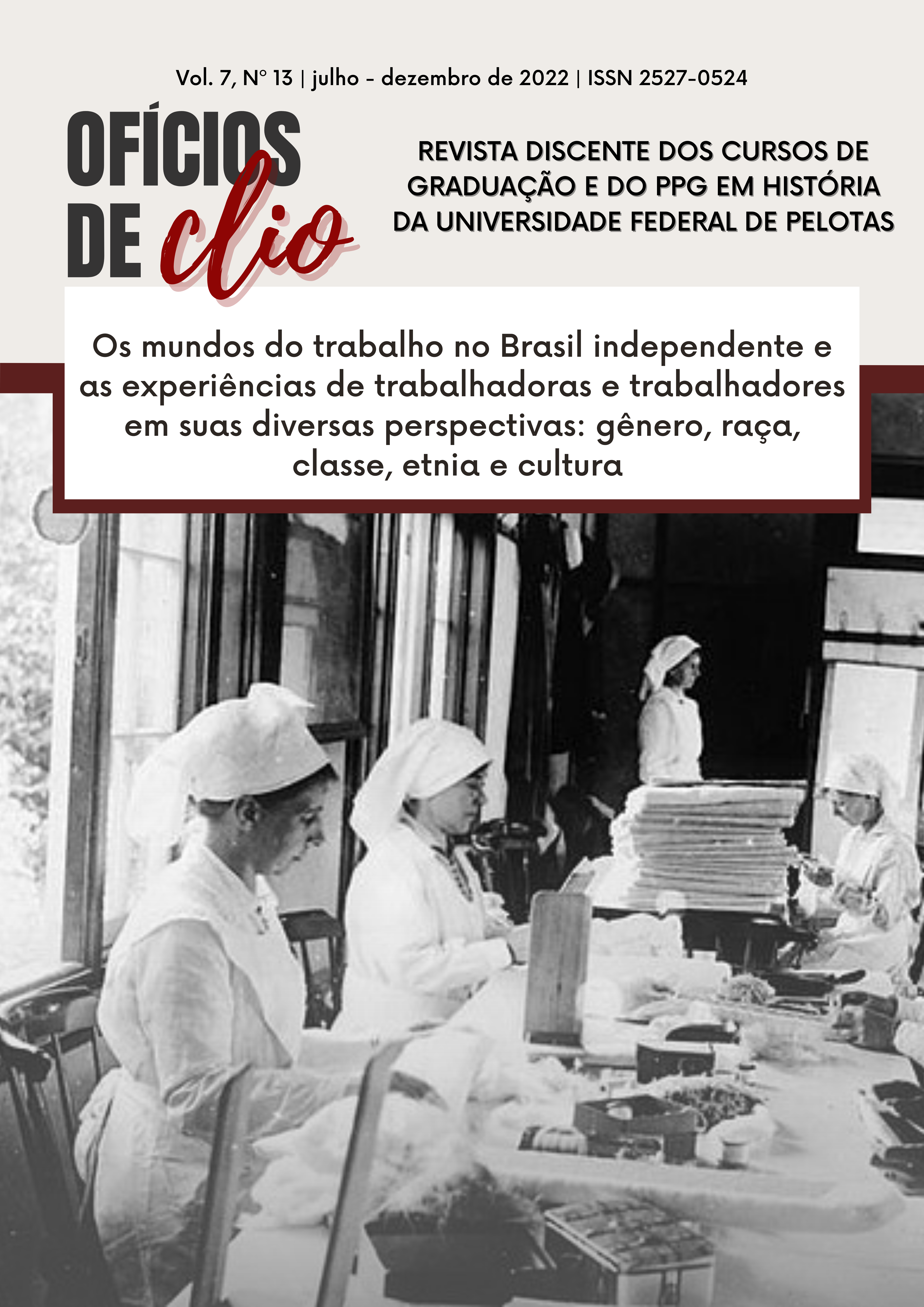O Patrimônio e a Memória da Ditadura Civil-Militar Brasileira
o reflexo do PNDH-3 no legislativo municipal de Porto Alegre e o caso da Avenida Castelo Branco
Abstract
The memory of the civil-military dictatorship (1964-1985) experienced a series of interpretations and reinterpretations that began in the seventies with the process of political opening in Brazil, thus generating a trajectory of disputes regarding what should be remembered, forgotten or even silenced. Within the scope of reparations, bills, at local, regional and national levels, can contribute to the achievement of policies aimed at redefining the memory of the civil-military dictatorship. In this sense, this research seeks to understand the influence of the Third National Human Rights Plan (PNDH-3) in the elaboration of bills processed in the City Council of Porto Alegre, namely in the Castelo Branco Avenue Case, through the analysis of the character of these propositions and the disputes surrounding this memory.


